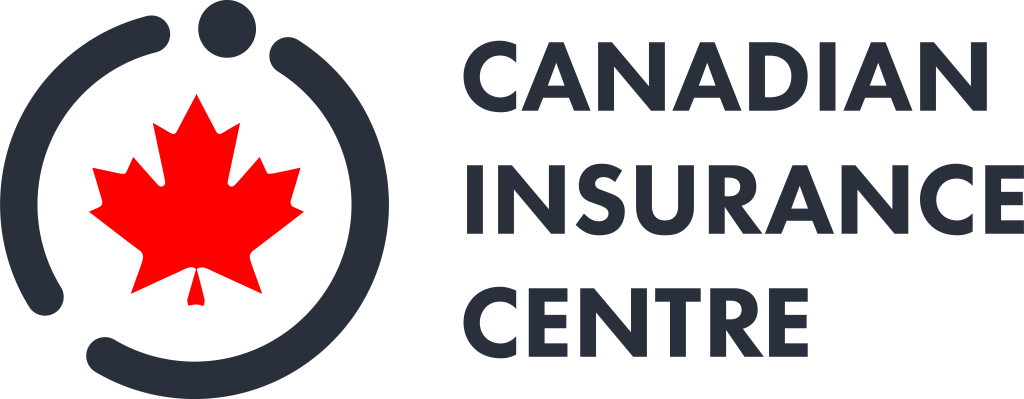Critical illness cover and Alzheimer’s disease
Why cover?
- affects 1 in 4 women / 1 in 5 men before retirement
- 94.1% of the critical illness claims are paid
- protect yourself and your family if you get seriously ill
Why Us?
We believe in responsibility, respect, mutual respect, professionalism and accessibility, is what creates loyalty and a long-term relationships
Aphasia (Loss of Speech)
Aphasia is a disorder that impedes one’s ability to communicate. It can cause loss of speech, as well as impair one’s ability to write or understand language.
Generally, Aphasia is a symptom of a condition which affects the brain. It usually happens suddenly, resulting from a stroke or significant head trauma. It can also be gradual, worsening with brain tumours or other diseases that cause brain damage.
To treat Aphasia, one needs to treat the underlying condition that caused the disorder. Speech and language therapy is then used to help the patient regain command over their speech and ability to read and write.
Symptoms:
Aphasia is usually a sub condition of another condition that damaged the brain. Someone with aphasia will lack coherency and speak with a slur or in incomplete sentences. They may place words in clearly incorrect contexts or speak in sentences that don’t make sense. Having difficulty recalling simple words or not understanding conversations is another symptom of aphasia. One may also lose the ability to read, or the ability to understand written language.
If someone shows sudden symptoms of Aphasia, it may be a sign of a very serious condition, such as a stroke. Seek medical attention immediately.
Causes:
Aphasia is usually caused by brain damage. Most cases are caused by a stroke, which is when a blood vessel is ruptured or blocked in one’s brain. Lack of blood flow in the brain often causes damage to the areas that control communication and language.
Infections, tumours, or head injuries can also cause Aphasia. In such cases, the condition will usually come with other cognitive failures, such as memory loss.
Occasionally, migraines or seizures can case short-term Aphasia. This can also happen from a transient ischemic attack (TIA), which is when there is a temporary blockage of blood flow to certain areas of the brain. If someone suffers from a TIA, they are at a high risk of getting a stroke in the future.
Diagnosis:
A medical professional can perform a range of neurological exams, as well as imaging tests (MRIs and CT scans), to detect the cause of the Aphasia.
A speech and language pathologist can conduct a language assessment to confirm a diagnosis of Aphasia. They can also measure the scope of the condition, and curate a rehabilitation program to help the patient regain their communicative abilities.
Such assessments aim to evaluate the communication skills of the patient. The pathologist may test whether the patient can read and write, name simple objects, respond to yes/no questions, and engage in conversation.
Treatment:
The only known effective treatment for Aphasia is speech therapy.
Regaining communicative abilities can be a long and arduous process. Progress may be slow. Studies suggest that beginning therapy as early as possible (after the incident which caused the condition) increases the chance that the therapy will be effective. The goal is to teach the patient how to understand and use language, and how to effectively communicate.
Unfortunately, while many make substantial progress, very few reach the communication ability that they had prior to their injury.
Some drugs are currently being studied for the treatment of this condition, but more research is needed before any medication is recommended to help cure aphasia.
Statistics
- More than 747000 Canadians suffer from Alzheimer’s or other forms of dementia.
In 2020, 15 out of every 100,000 Canadians died of Alzheimer’s Disease
1 in 5 Canadians have experience caring for someone who has Alzheimer’s or other forms of Dementia.
We estimate that by 2030, over 912000 Canadians will be living with Dementia, including Alzheimer’s Disease
56% of Canadians are concerned about being affected by Alzheimer’s disease
Conclusion
Aphasia is a debilitating disorder that is usually a symptom of brain injury. It can significantly lower one’s quality of life, by impairing one’s ability to maintain relationships, jobs, or perform simple day-to-day tasks. If someone is diagnosed, it is important to begin treatment as soon as possible.
At Canadian Insurance Centre, we make sure that you have access to the best possible healthcare, in the timeliest manner. Reach out to us today, and we can help find the best medical coverage for you.
Contact
Get a quick qoute for:

Accident Insurance

Critical Illnes Insurance



